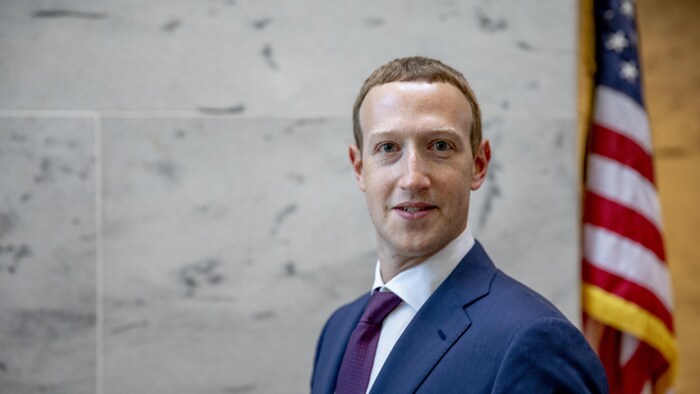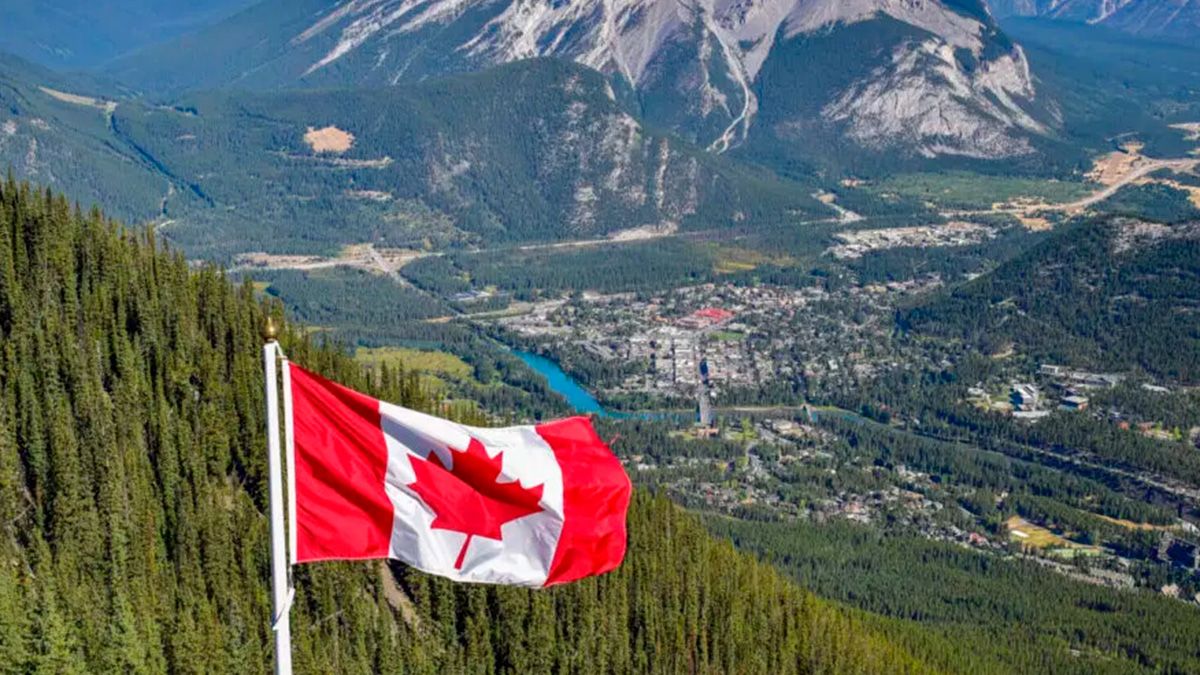Minister Freeland promised two years ago that Ottawa would tax the income of international digital companies, such as Amazon, Uber, Airbnb or Netflix, that do business and make profits in Canada, but pay taxes not in the country but elsewhere.
Originally, this tax was scheduled to take effect on January 1, 2022, but Canada agreed to suspend this measure for two years, a period to allow for the imposition of an international tax, in cooperation with other countries, including the United States, which is the country in which it is located. It is the headquarters of many giant digital companies.
However, the application deadline is January 1 Netflix tax
It will not be respected since the bill necessary to implement this tax has not yet been adopted in the House of Commons.
It is unacceptable that liberals do not keep their promises
New Democratic Party MP Nikki Ashton announced.
These companies like Uber, Airbnb and Amazon make huge profits and don't pay the taxes they should in Canada.
Canadian Finance Minister Chrystia Freeland had promised to impose a tax on digital services “starting January 1, 2024.”
Photo: La Presse Canadien/Adrian Wilde
If they make profits in Canada, they pay taxes in Canada
A 3% digital services tax will apply to internet giants with at least $20 million in revenue from Canadian users.
This tax could generate $7 billion in revenue over five years, according to the parliamentary director for the federal budget.
The principle behind this tax is that digital giants pay Ottawa their share of the profits they make on Canadian soil.
The New Democratic Opposition Bloc in the Federal Parliament regrets not respecting the date of January 1, 2024, imposed by the Liberals. The Trudeau government confirms that it has not changed its mind and that it intends to apply this tax to digital services.
The Bloc Quebecois is questioning why the Trudeau government has not moved more quickly to ensure the January 1, 2024, date is respected.
It is as if Canada is tiptoeing so as not to offend the United States. We should have imposed these tax rules on these companies a long time ago.
Difficult international negotiations
The United States strongly opposes a digital services tax on internet giants, as Canada and other Organization for Economic Co-operation and Development (OECD) countries are demanding.
It is possible that the tax planned by this group of countries could reach up to 15% of the profits obtained by giant digital companies in each of the affected countries.
The negotiations have been ongoing for two years and were scheduled to end in December 2023. However, US Treasury Secretary Janet Yellen indicated that There are still details to be resolved before the treaty is signed
.

Mark Zuckerberg, owner of Internet giant Meta. Companies like yours oppose paying taxes in Canada on profits earned in this country.
Photo: Getty Images/Samuel Corum
This US resistance to the DST and delays in negotiations put Canada and other OECD countries in a difficult position, which could lead to trade retaliation by the United States.
Many countries, such as France, Austria, India, Italy, Spain, and the United Kingdom, have implemented their own taxes on digital services.
The Americans committed to these countries not to impose retaliatory measures during negotiations on imposing an international tax on digital services. This exemption ends on December 31, 2023.
American pressure
Members of the Biden administration, such as US Ambassador to Canada David Cohen, have suggested for months that a unilateral gesture from Ottawa could have damaging consequences for trade relations between the two countries and that Washington could take retaliatory measures.
All this is without taking into account the political context in which the drama of the campaign towards the US presidential elections in November 2024 is intensifying and the renegotiation of the treaty between Mexico, the United States and Canada is rapidly approaching. (CUSMA) with the United States.
The Trudeau government moves like a waltz of doubt because it wants to avoid stepping on America's big toe
Bloc MP Martin Champoux announced.
For its part, the New Democratic Party (NPD) believes that it is a mistake to delay the entry into force of the digital services tax.
Canadians deserve fairness when it comes to paying taxes, and this involves imposing a tax on digital services so that the rich, such as internet giants, can pay their fair share.

New Democratic Party MP Nikki Ashton finds it unacceptable that the Liberals are not keeping their promises to tax internet giants that operate and profit from Canada.
Photo: La Presse Canadian/Justin Tang
For its part, Minister Chrystia Freeland's office denies that it is giving in to American demands. Our position has not changed
His press secretary, Katherine Kopelinskas, wrote.
Multilateral agreement has always been Canada's priority and preference. The government will go ahead with its own digital services tax, if a global agreement is not reached
Minister Freeland's spokeswoman said.
The application of this tax comes within the draft law implementing the latest economic statement, which is expected to be adopted no later than 2024.
The bill gives Minister Freeland the flexibility to unilaterally amend the terms of the digital services tax without having to go through Parliament. For example, the government can decide to change the tax rate or eliminate the retroactivity of this tax by decree rather than doing so through a law that must be approved by the legislator.
In the House of Commons, only the Conservative Party opposes implementing this tax on digital services. The last thing Canadians need is a new tax that would jeopardize trade with our major economic partner
Conservative MP Kyle Seebak announced.
For its part, the Bloc Quebecois is demanding that the Trudeau government make a clear commitment to using the revenues generated from this new tax on digital services to help Quebec and Canadian companies.
Source: RC/C. Noel
Adaptation: RCI/R. Valencia


:quality(85)/cloudfront-us-east-1.images.arcpublishing.com/infobae/LXD4Z3D2BREKPB3WQX7E7IJTOA.jpg)


